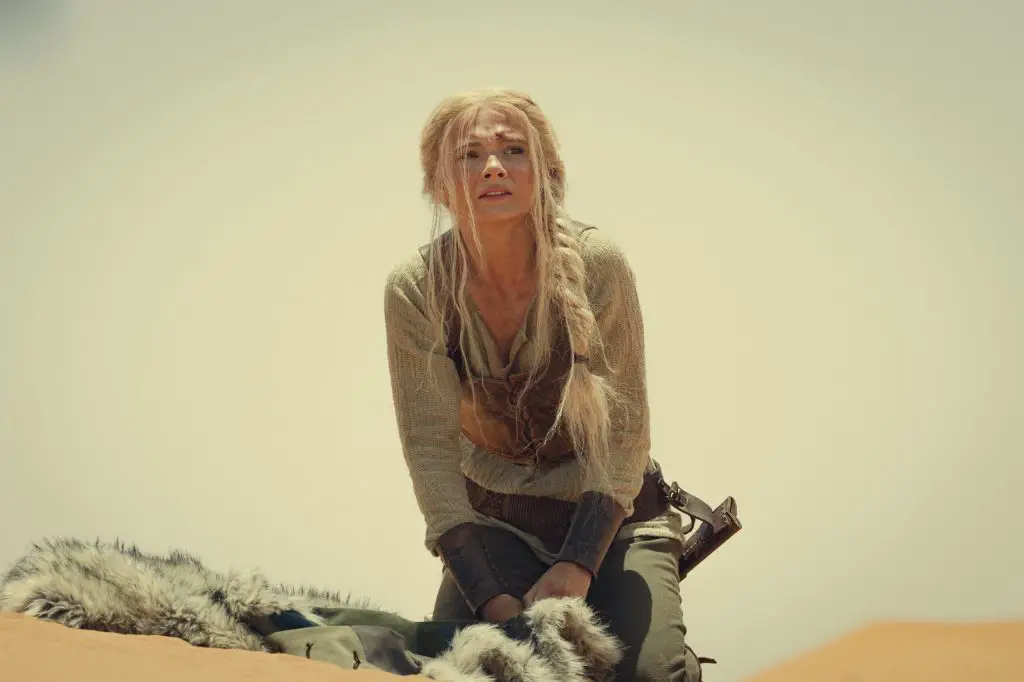The Witcher’s latest season throws light on Ciri’s remarkable transformation, positioning her as the new pivot of the narrative. The journey through the Korath desert serves as the crucible that molds her destiny.
The Ordeal in Korath
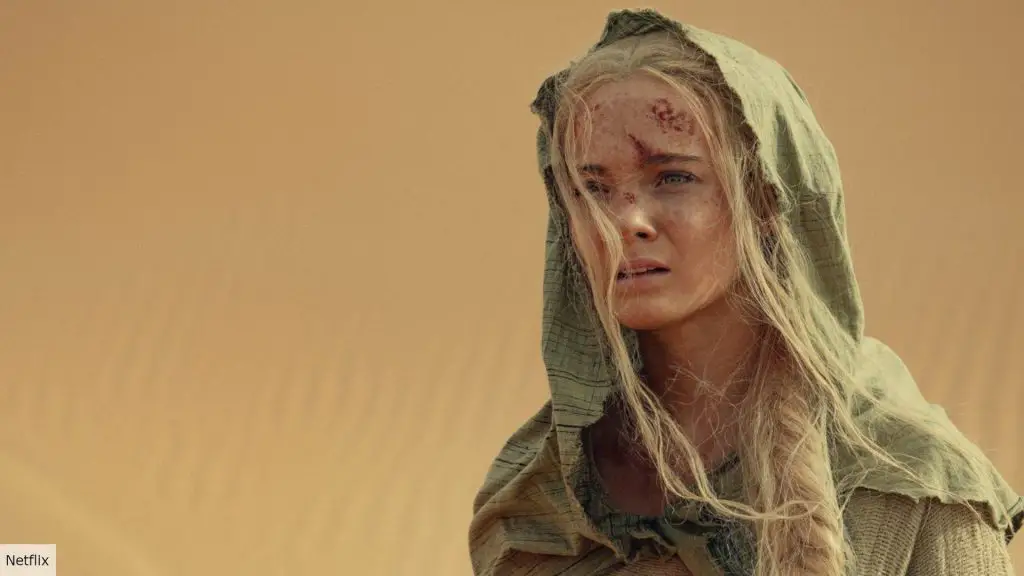
Post the dramatic climax of episode 6, where Ciri escapes the grasp of the sinister mage, Vilgefortz and the Nilfgaardian Empire, we see her transported into the treacherous Korath desert — colloquially known as “The Frying Pan.” Positioned between the Nilfgaardian empire and Zerrikania and Hakland, this desert is infamous for its relentless heat and lurking monsters.
Our princess doesn’t just combat the sweltering heat; she faces unprecedented trials. Ciri’s early efforts to bond with a unicorn (whom she affectionately names “Little Horse”) end in vain. She grapples with hallucinations, conversing with her mother, grandmother, and the enigmatic Falka. These mirages propel her forward, testing her resilience and invoking latent powers.
Decoding Ciri’s Visions
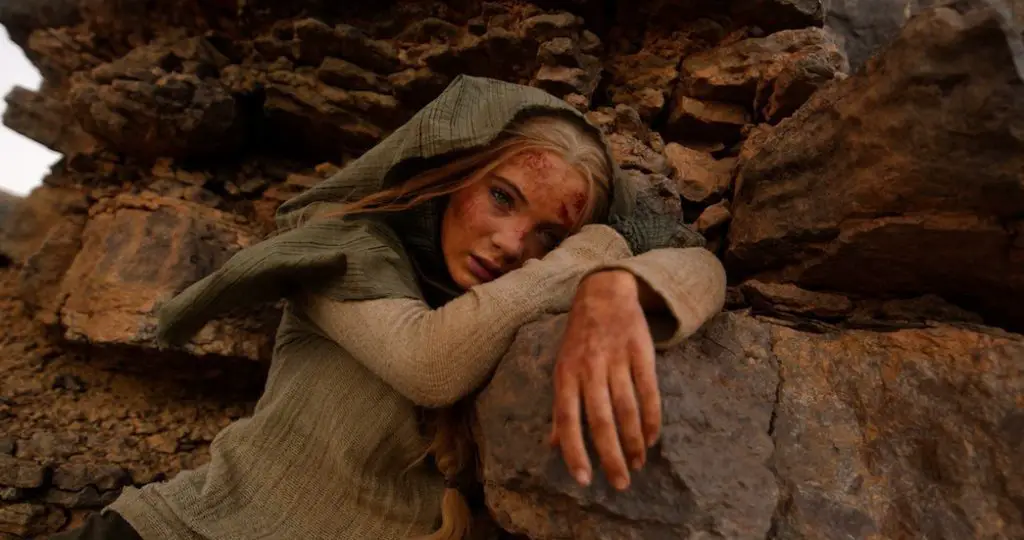
The hallucinations bring forth powerful women tied intrinsically to Ciri’s lineage. Ciri’s yearning for her mother, Princess Pavetta, and her upbringing under the strong-willed Queen Calanthe form the backbone of these visions. But, both maternal figures now also symbolize Ciri’s deep-seated fears of being inadequate and frail.
The manifestation of Falka — a controversial figure labeled “Bloody Falka” — is particularly significant. While Falka’s role in Ciri’s hallucinations can be attributed to her potential lineage connection, her representation goes beyond mere ancestry. Falka stands as the embodiment of fury, hinting at the potent force within Ciri. This force leads Ciri towards the tempestuous realm of fire magic, a temptation she struggles with throughout her ordeal.
However, Falka’s omnipresence poses an intriguing question: Is she truly a mere figment of Ciri’s imagination, or does she bear a more spiritual and influential role? This distinction is crucial. It separates Ciri’s inner turmoil from any external influence, emphasizing her eventual decision to forsake her magic.
The Implications for Season 4
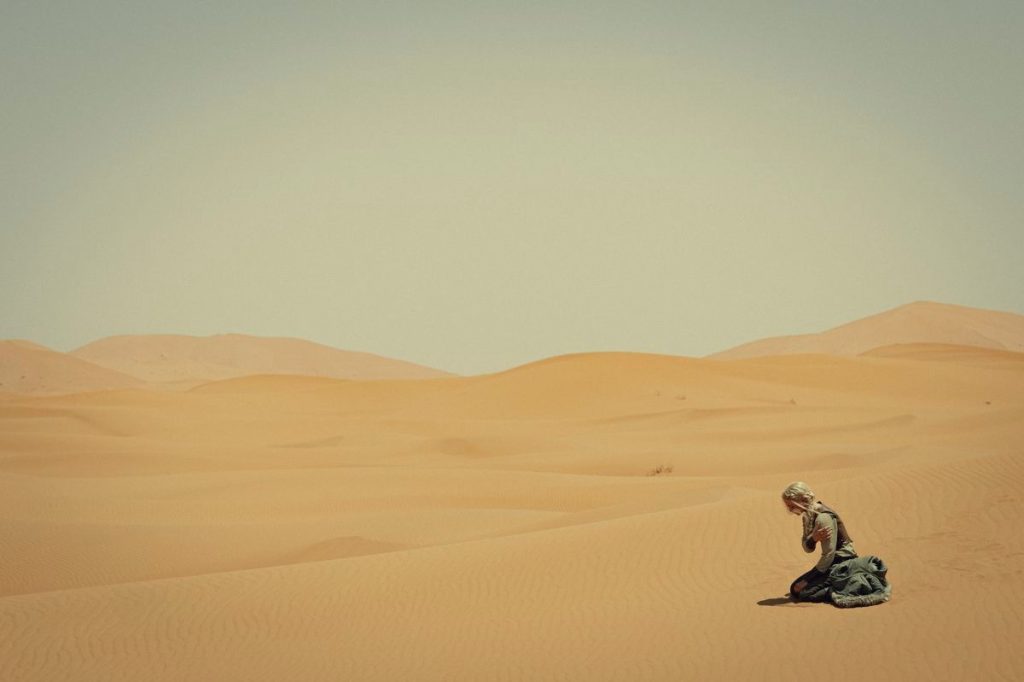
Ciri’s arduous journey and the choices she makes during it set the stage for The Witcher’s forthcoming season. With the exit of the beloved Geralt, as portrayed by Henry Cavill, Ciri is poised to fill the void, showcasing her growth and newfound capabilities.
Interestingly, while she rejects the raw power offered by Falka during her desert voyage, she boldly claims the title of Falka in the season’s concluding episode. This suggests a nuanced acceptance of her heritage, channeling the strength of her ancestors without succumbing to unchecked power. Bereft of Geralt and Yennefer’s guidance, the ensuing season will see Ciri navigating challenges relying solely on her intellect and Witcher training.
The Witcher’s narrative arc has been a tumultuous one, marked by the growth and transformation of its characters. Season 3’s denouement ensures that Ciri stands at the crossroads of destiny. The next season promises her stepping into a formidable role, wielding her lessons, and carving a novel trajectory for the Continent’s fate.
Conclusion
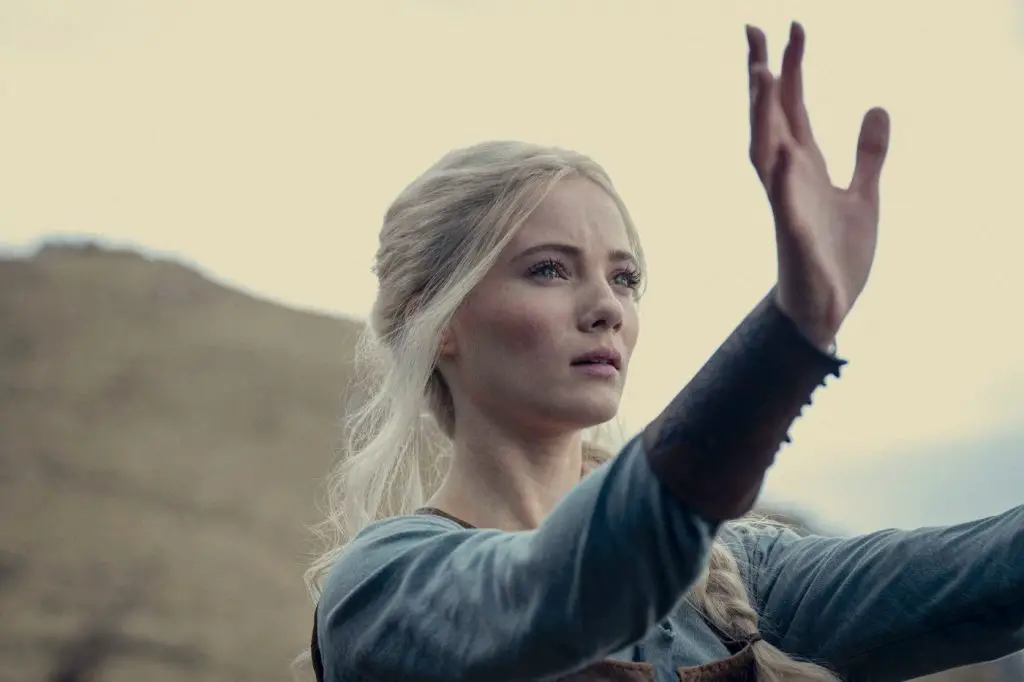
As The Witcher transitions to its next chapter, it’s evident that Ciri’s evolution is the linchpin. From a sheltered princess to a determined survivor, her journey signifies not just personal growth but also potential changes for the Continent. As fans eagerly await Season 4, they can anticipate a narrative enriched by Ciri’s experiences, decisions, and her renewed purpose.


